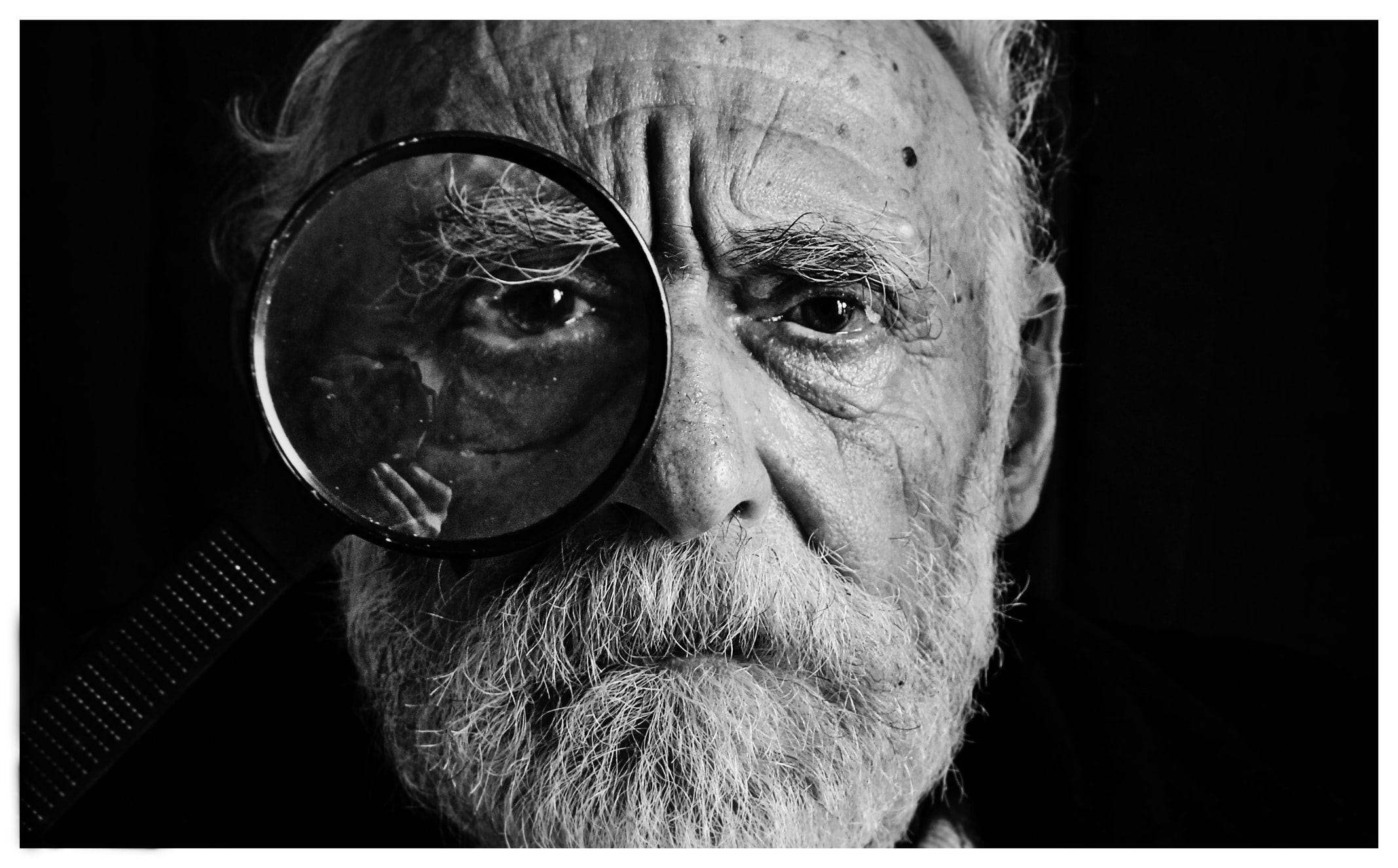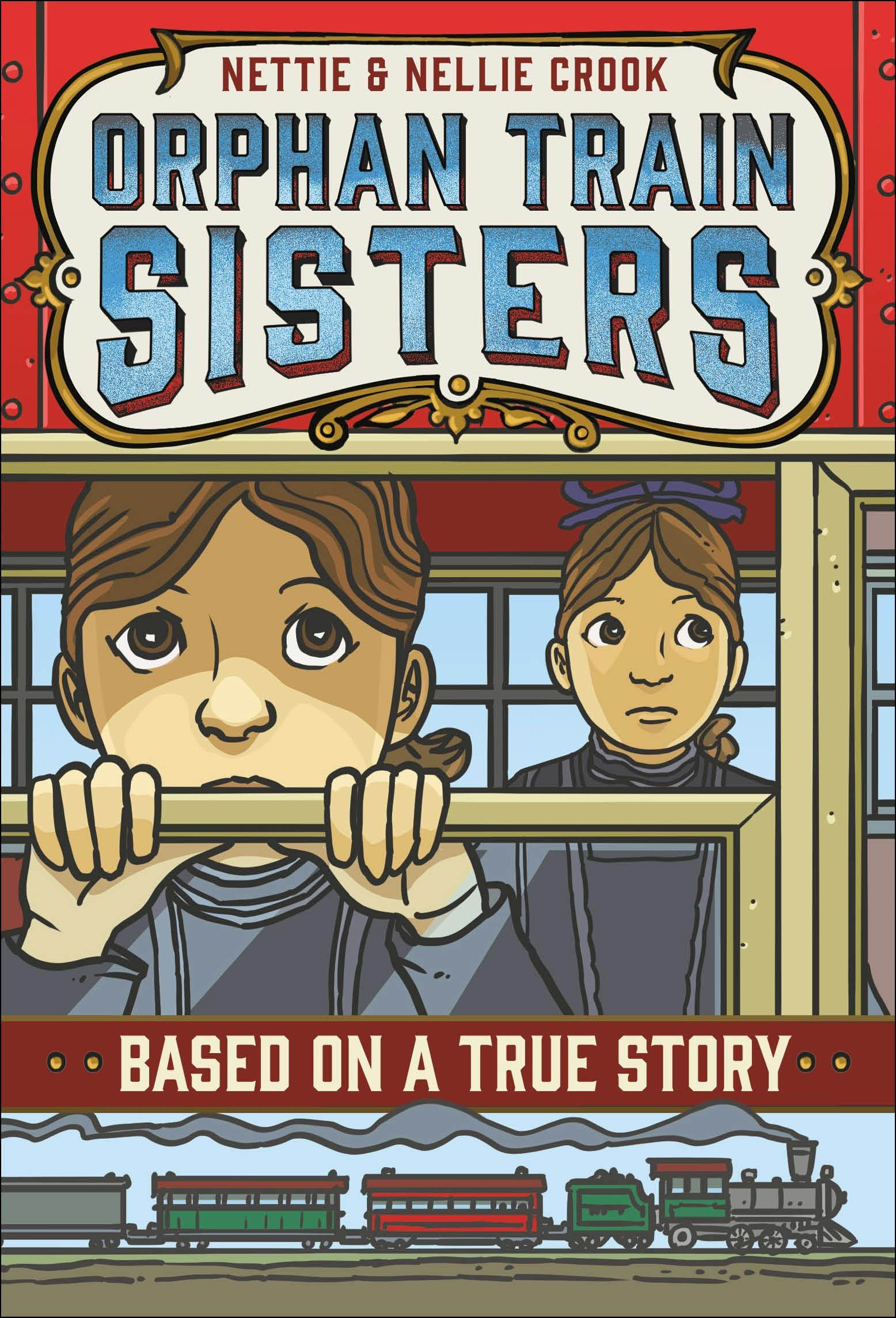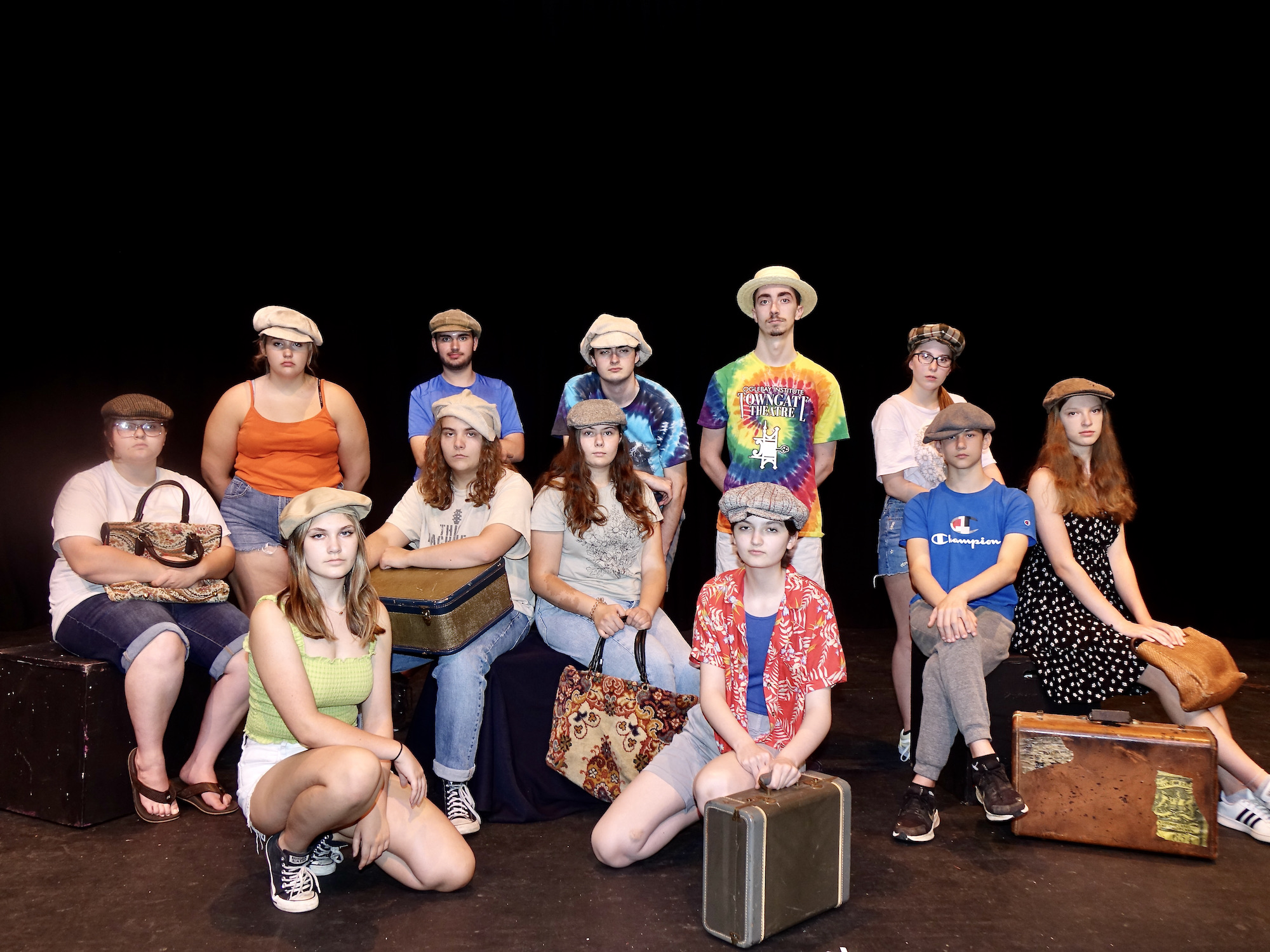Uncovering the Heartfelt Stories of the Orphan Train Era
Orphan Trains, a lesser-known chapter in American history, transported thousands of orphaned and abandoned children from the crowded streets of New York City to the vast landscapes of the Midwest and West.

Orphan Train (1979) – Source www.imdb.com
These children, filled with both hope and trepidation, embarked on life-altering journeys that would forever shape their destinies. Join us as we delve into the poignant stories of these young souls, revealing the complexities and challenges they faced in their quest for a new life.

The Orphan Train – The Historical Child Welfare Timeline – Source staging2.childwelfaretimeline.com
Orphan Trains: A Personal Journey
My own family’s connection to the Orphan Trains adds a personal dimension to this exploration. My great-grandmother, Ella, was one of those children who traveled west by train in the early 1900s.
Ella’s story, like countless others, is a testament to the resilience and adaptability of the human spirit. She faced numerous hardships, including the loss of her parents and the separation from her siblings. Yet, she persevered, finding a loving home and eventually building a family of her own.

Uncovering Life Stories – Daily Sparkle – Source dailysparkle.co.uk
Myth and Reality: The Orphan Train Narrative
Orphan Trains have often been romanticized, portrayed as a heartwarming tale of orphans finding new homes in the welcoming arms of Midwestern families.
While many children did indeed find loving and supportive homes, the reality was not always so idyllic. Some faced mistreatment, exploitation, and even abandonment. It is essential to acknowledge both the challenges and the triumphs of this era.

‘Orphan Trains’ Brought Homeless NYC Children to Work On Farms Out West – Source www.history.com
Unveiling the Hidden Secrets of Orphan Trains
The Orphan Train movement has left behind a rich legacy of stories, both documented and untold. Researchers continue to unearth new insights into the lives of these children, shedding light on their experiences and the impact they had on American society.
Through oral histories, archival research, and DNA analysis, we are piecing together the fragments of their journeys, revealing the complexities of their lives and the enduring connections they forged.

Transform the Lives of 50 Orphan Children in India – GlobalGiving – Source www.globalgiving.org
Discover the Heartfelt Stories of the Orphan Train Era
Orphan Trains have captured the imagination of authors, filmmakers, and historians alike. Their stories have been immortalized in books, films, and documentaries, bringing to life the struggles and triumphs of these young travelers.
By delving into these resources, we can gain a deeper understanding of the Orphan Train era and its lasting impact on American history. These stories offer a poignant reminder of the resilience and hope that can emerge even in the most challenging of circumstances.

Nettie and Nellie Crook: Orphan Train Sisters – Source us.macmillan.com
Orphan Train History: A Timeline of Events
The Orphan Train movement spanned several decades, with children being transported from New York City to destinations across the country.
1854: The first Orphan Train leaves New York City, bound for Michigan.
1873: The movement gains momentum, with thousands of children traveling west each year.
1929: The last Orphan Train departs New York City, marking the end of the era.

“The Orphan Train” Stops at Towngate – Oglebay Institute – Source oionline.com
Tips for Researching Orphan Train Ancestry
For those seeking to trace their Orphan Train roots, several resources are available.
Start with Family History: Interview family members who may have knowledge of Orphan Train connections.
Search Online Databases: Websites like the Orphan Train Heritage Society of America offer databases of children who traveled on Orphan Trains.
Consider DNA Testing: DNA analysis can help identify biological relatives and uncover Orphan Train ancestry.

Orphan Train Riders – Source www.familysearch.org
Oral Histories: Preserving Orphan Train Narratives
Oral histories provide firsthand accounts from Orphan Train riders, offering invaluable insights into their experiences.
Organizations such as the Orphan Train Heritage Society of America have collected and preserved these stories, ensuring they are not lost to time.
By listening to the voices of these remarkable individuals, we gain a deeper understanding of the challenges and triumphs they faced.
Fun Facts about Orphan Trains
Distance Traveled: Orphan Trains covered vast distances, with some children traveling over 2,000 miles.
Age Range: Most Orphan Train riders were between the ages of 2 and 14.
Popularity of Names: “John” and “Mary” were among the most common names given to Orphan Train children.
Conclusion: The Enduring Legacy of Orphan Trains
The Orphan Train era remains a significant chapter in American history. It is a testament to the resilience of the human spirit and the challenges faced by those who sought a better life.
Through ongoing research and storytelling, we continue to honor the legacy of Orphan Train riders, ensuring that their stories are not forgotten.